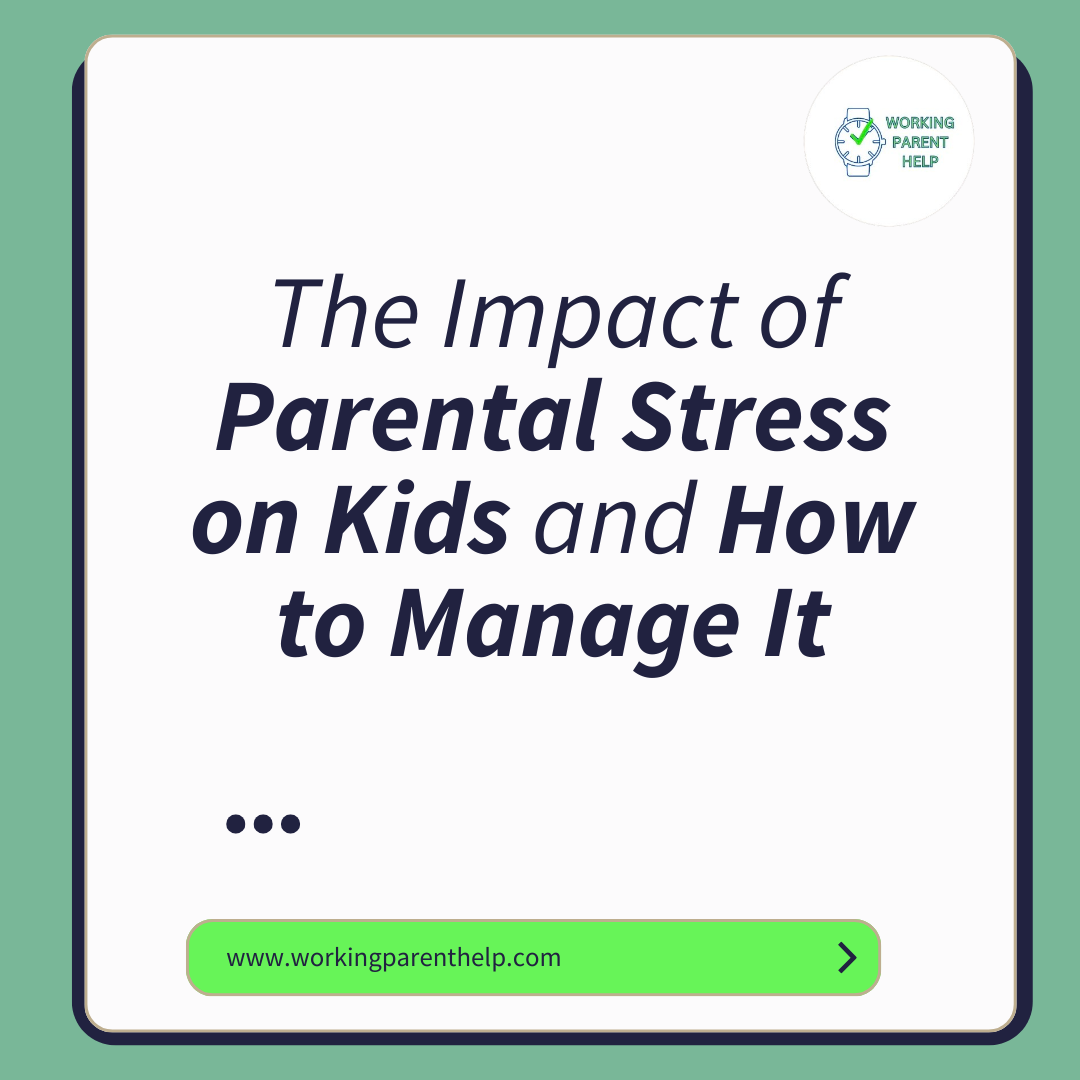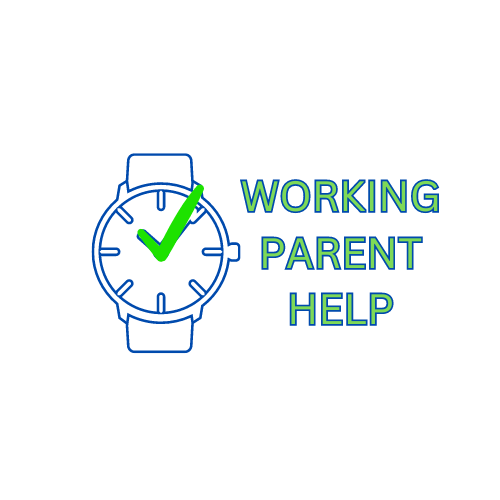
The Impact of Parental Stress on Kids (and How to Manage It Without Losing Your Mind)
Let’s be real: parenting is basically a full-contact sport — especially when you’re juggling work, school pick-ups, soccer practice, ballet recitals, and trying to remember if you actually fed the dog this morning. 😅
Busy working parents wear a lot of hats (and sometimes mismatched socks), but what we often forget is how our stress levels impact the little people watching us like hawks. Spoiler alert: they’re learning more from us than just how to microwave chicken nuggets.
In today’s post, we’re diving into the real effects of parental stress on kids — and how you can manage it without going full Godzilla on the carpool lane. (We even have a secret weapon for cleaning out your stress... and your car. More on that later!)
1. Emotional Absorption: Little Sponges in Sneakers
Kids are basically emotional Wi-Fi routers. They soak up every little vibe, every sigh, and every "I'm fine" that's clearly not fine. When parents are stressed, kids often absorb that tension like tiny human sponges.
How to manage it:
Practice mindfulness together. Even just taking three deep breaths before dinner can shift the energy. Bonus: you might actually remember where you put your car keys.
Pro Parent Tip: Turn mindfulness into a goofy game. "Let’s pretend we’re balloons and blow up nice and slow." They’ll love it — and you’ll love the silence (even if it’s just 30 seconds).
2. Increased Anxiety: Worry Grows in Little Minds
If you're walking around looking like you’re auditioning for "World’s Most Overwhelmed Person," your kids might start worrying too. (And trust me, nobody wants a seven-year-old stressing about mortgage payments.)
How to manage it:
Create stable routines. Kids thrive on predictability. Even small anchors — like Taco Tuesdays or "story time Sundays" — can create a sense of security. They may not remember if you ironed their shirts, but they'll definitely remember the bedtime giggles.
3. Behavioral Changes: AKA "Who Are You and What Did You Do with My Kid?"
When kids feel stress but don’t know how to express it, it often shows up as tantrums, clinginess, or acting like tiny gremlins at bedtime.
How to manage it:
Model positive coping skills.
Instead of snapping like a Slim Jim, show them how you handle frustration:
-
"I’m feeling overwhelmed, so I’m going to take a 5-minute dance break!"
-
"I’m upset, but I’m going to take a deep breath and hug you instead of yelling."
Kids learn how to be humans by watching us try to be humans. It’s unfair, but it’s true.
4. Less Quality Time: Goodbye, Family Bonding
Let’s be honest: when you're stressed out, family bonding can feel like one more thing on your never-ending to-do list (right between “fold laundry” and “figure out dinner that isn’t cereal”).
But the less time you spend connecting, the more disconnected kids feel, which can fuel even more behavioral issues. It's a vicious cycle — like laundry, but with more crying.
How to manage it:
Micro-moments of connection!
You don’t need three-hour craft sessions with glitter (because nobody needs that nightmare). Tiny moments work:
-
5 minutes of snuggling on the couch
-
A goofy car singalong on the way to soccer
-
Asking silly "Would You Rather" questions at dinner
Even 10 minutes of focused attention a day can work magic.
(And speaking of car rides — want a ridiculously easy way to make them more fun and less stressful? Check out the FoamBlast™ High-Pressure Foam Sprayer for car cleaning! 🚗✨ Get the kids to help foam up the car, turn it into a game, and suddenly Saturday chores become Saturday Funday.)
5. Negative Coping Habits: Monkey See, Monkey Do
If your go-to move for stress is, say, bingeing triple-chocolate ice cream while doom-scrolling news headlines, guess what your kids will learn? (Hint: it's not yoga.)
How to manage it:
Show healthy stress outlets.
-
Go for a quick walk together.
-
Stretch it out. (Yoga poses like "angry lion" are hilarious for kids.)
-
Have a mini dance party in the living room.
-
Start a "feelings journal" and doodle it out.
The point isn’t to be perfect — it’s to show them that stress happens, and you can deal with it in a way that doesn’t involve hiding under a blanket fort with three bags of Doritos. (Although, no judgment. Been there.)
In Conclusion: Kids Don't Need Perfect — They Need Present
You’re not going to be a Zen master every day. Sometimes you’re going to be more “hot mess express” than “calm parent guru.” That’s okay.
What matters is that you show up, that you try, and that you laugh a little along the way — even when the dishwasher explodes and the toddler decides pants are optional.
